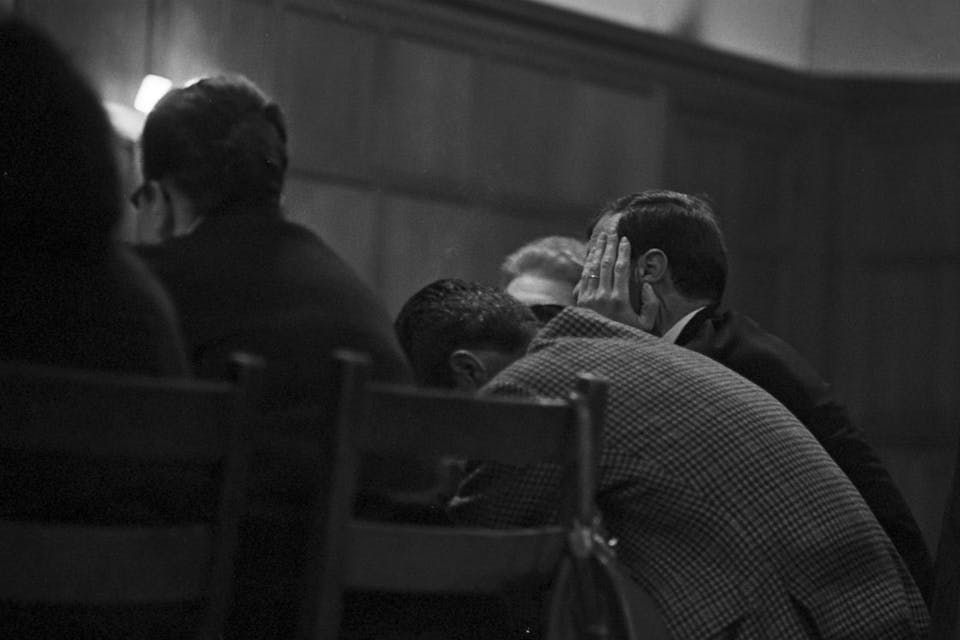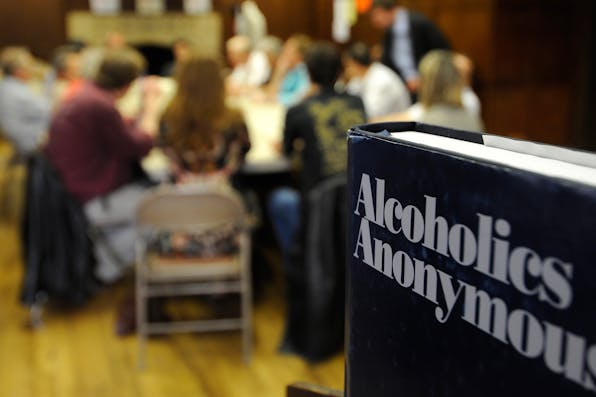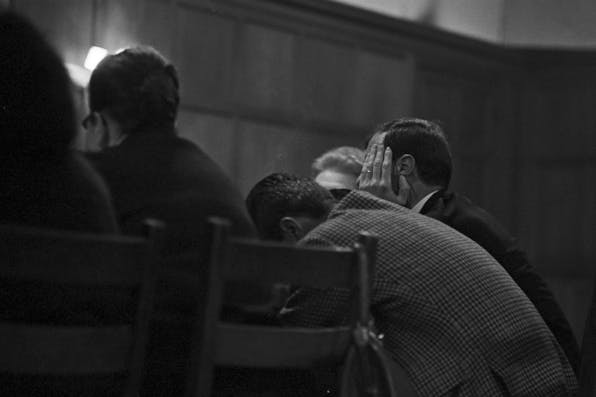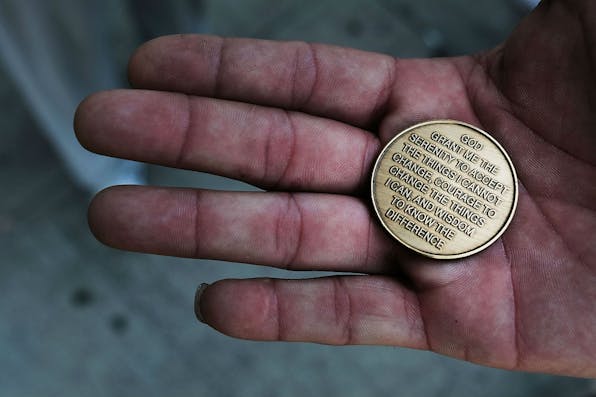
August 17, 2017
Challenging the Theophobia of Many Contemporary Social Scientists and Experts on Addiction
Where else than within the great traditions of our religions do we find the most cogent principles for helping individuals stuck in the psychic entropy of addiction?
In “God, Religion, and America’s Addiction Crisis,” Jeffrey Bloom confronts head-on the fact that many contemporary experts have little use for Alcoholics Anonymous (AA) and its foundational presumption that addicts can find help from a “higher power.” Instead, these critics of AA would limit the study and treatment of addiction strictly to the realm of medicine and brain science.
And yet, as Bloom notes, science and medicine are visibly failing with what is now acknowledged as a huge epidemic of opiate addiction and drug-induced deaths in America. In this light, he asks whether science does indeed adequately grasp “the full spectrum of the [addict’s] human condition, or whether there is a certain point on that spectrum where we have to pivot from science and medicine to, in brief, the realm of priests and rabbis.” He concludes his essay on a similar note, urging that “as the pain of living with the imperfection of the human condition becomes more and more acute,” we turn to “better ways of satisfying our bedrock spiritual needs than . . . medicine, psychology, and behavioral science can prescribe.”
As a psychiatrist interested in behavioral disorders of many different kinds, let me offer my support to Bloom’s analysis and make a suggestion—springing directly from nature, and based on those same “bedrock needs”—that might help justify a God-aware approach to treatment.
Responses to August ’s Essay

August 2017
Why There Is No Secular Substitute for Alcoholics Anonymous
By Christopher Caldwell
August 2017
Challenging the Theophobia of Many Contemporary Social Scientists and Experts on Addiction
By Paul McHugh
August 2017
Judaism Can Help Those Whose Electronic Yearnings Get the Better of Them
By Tevi Troy
August 2017
Addicts Do Need to Get Right with God, but That Doesn’t Mean They Need Religion
By Jeffrey Bloom